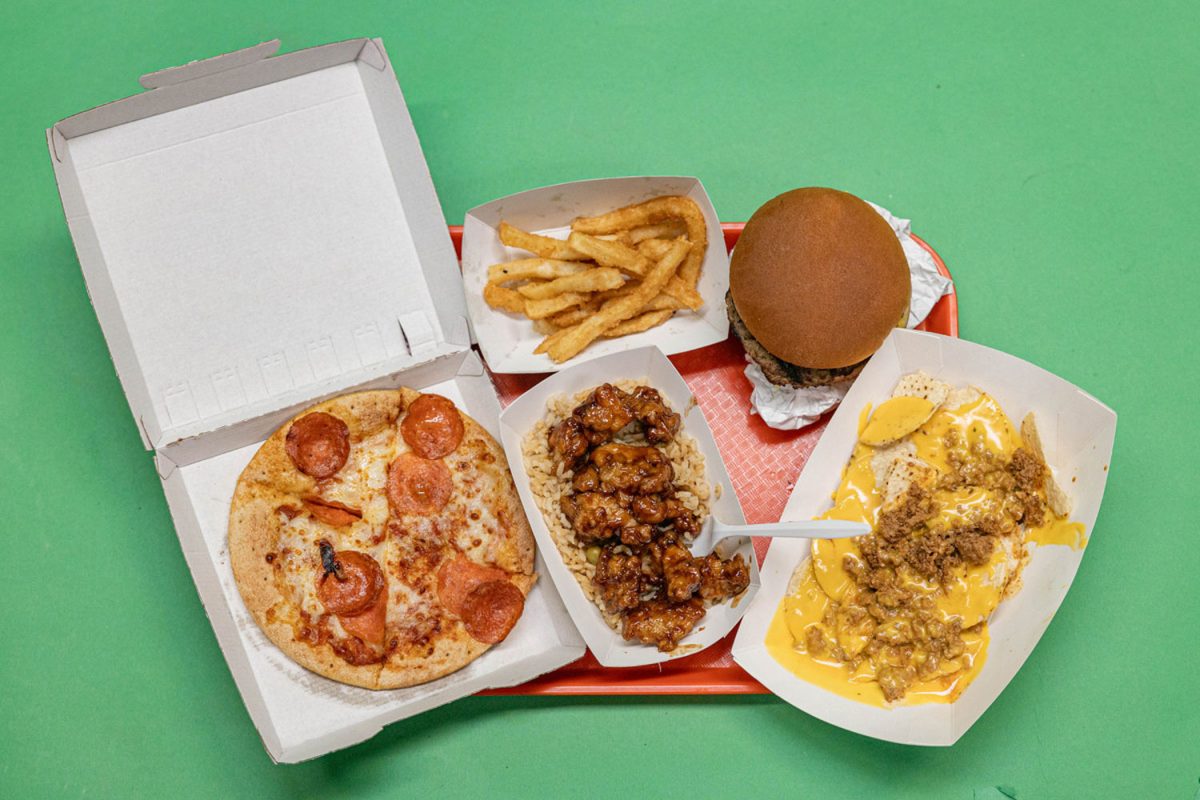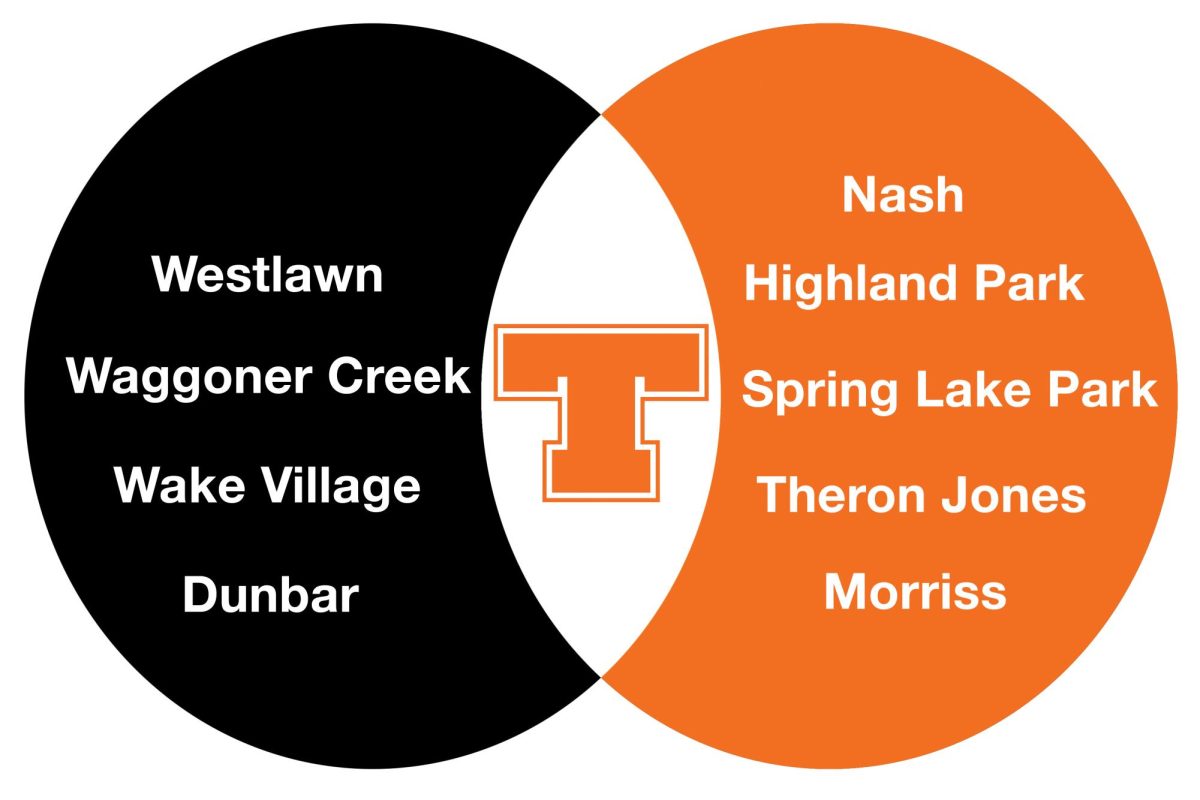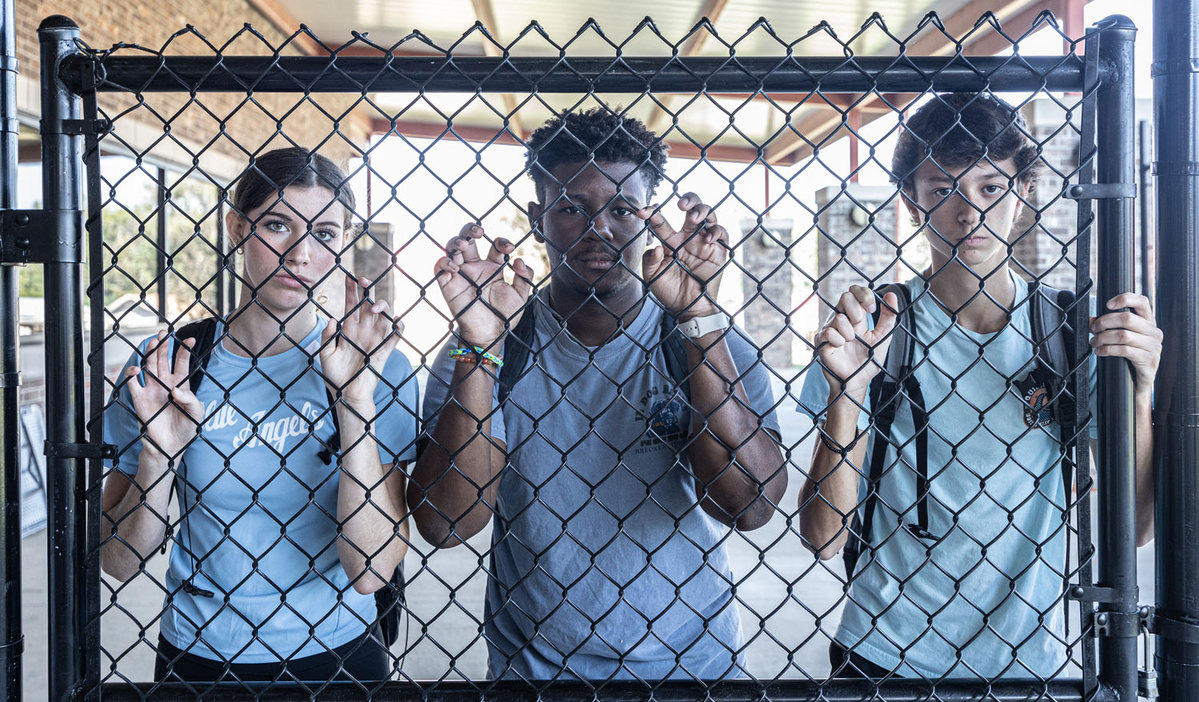Caramel chocolate bars, Skittles, Fritos, Rice Krispie Treats–all snacks that are admittedly not the healthiest, but which used to be ubiquitous across the hallways of Texas High. Why? Those snacks, popular with students in every grade level and every demographic, were used to raise money for various clubs and athletic organizations–that is, until recently.
At the start of the 2023-24 school year, fundraising rules that limited the amount of sugar in snacks sold were implemented. This not only curtailed the options of what could be sold on behalf of the clubs, leaving them with granola bars, Coke Zeros, and Gatorade, but also left the student consumers of Texas High with little they wanted to consume. Thus, due to these regulations, the primary source of income has been depleted.
Pizza, cheeseburgers, fries, nachos–all foods that are also admittedly not the healthiest. And yet, all of these are still served daily in the cafeteria.
There is nothing wrong with consuming unhealthy food–in moderation. And while the intent behind the recently enacted restrictions is admirable in theory, it’s an unfairly selective system in practice. What is the point in implementing health regulations to a purely optional aspect of school (i.e., buying snacks for fundraisers) that are not reciprocated in a part that actively and unquestioningly affects the students of Texas High (i.e., school lunch)?
In reality, these fundraising rules have been in place in Texas for quite some time, with its administrative code stating that clubs “may sell food and beverages that do not meet nutritional standards outlined in 7 CFR Parts 210 and 220 as part of a fundraiser, during the school day, for up to six days per school year on each school campus”. As one can imagine, such rules are not just restricted to fundraising, with the Federal Code of Regulations stating that “schools must offer nutritious, well-balanced, and age-appropriate meals to all the children they serve to improve their diets and safeguard their health.”
The difference between these codes remains their exclusive implementation within our district or the lack thereof.
The “nutritious” meals offered in our cafeteria consist of greasy personal pizzas and cheesy nachos, with the “balance” questionably present in small servings of wilted salad, fruit and cold beans, all of which are optional. If positive change in the diet of our student population was truly the intent, then stronger action needs to be taken across the board and not selectively as just a subpar attempt to meet a certain standard.
This is also about more than just a principle. Fundraising for clubs via snack sales brought in a lot of money for the school’s various organizations, and with these “healthier snacks” in place, sales have decreased significantly. This decrease was shown in clubs like NHS, which had to switch from selling chocolate to GoFundMe, which ultimately didn’t result in the same success. With this in mind, a contrast to school lunch can be made, where these unhealthy meals are given out for free, thereby benefiting neither the school organizations nor the individual students.
Don’t get me wrong, I’m not necessarily advocating for a huge change or “health enlightenment” within the school. I’m simply stating that fundraiser and cafeteria food regulations shouldn’t be mutually exclusive. If the powers that be are going to limit what snacks can be sold based on health, they should also look at what’s being given out for lunch in the cafeteria.
It’s either all in, or not at all.



































